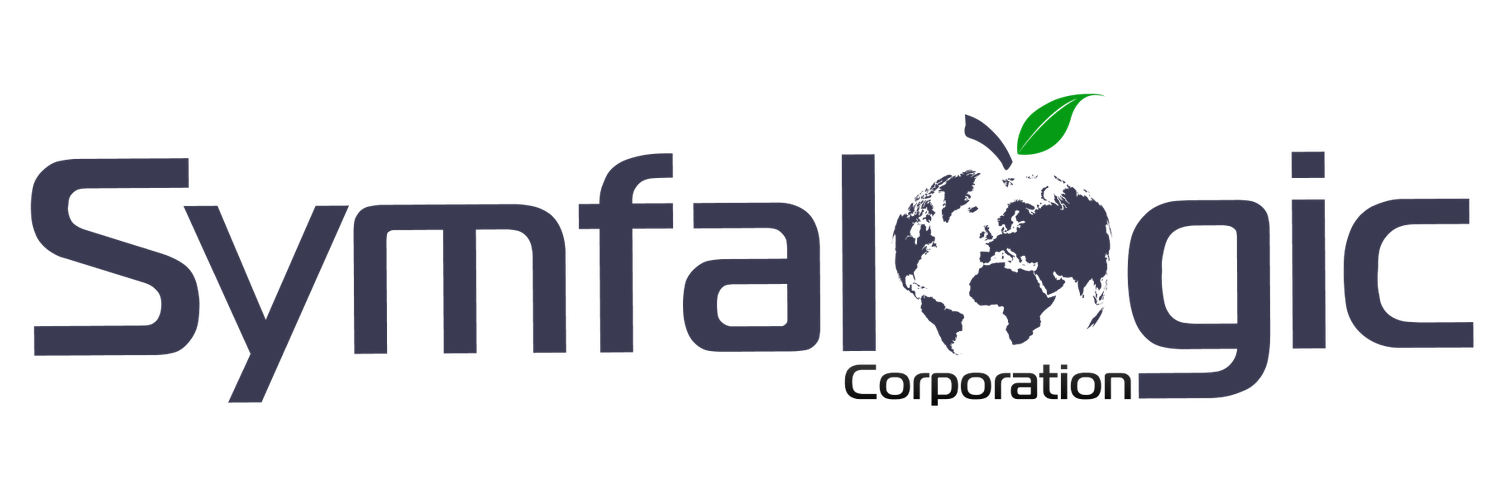Company Formation in Canada
Forming a company in Canada involves several key steps and considerations, including choosing the right type of business structure, registering your business, and understanding federal and provincial regulations. Here’s a general overview of the process:
1. Choose a Business Structure
The first step is to decide on the type of business structure that best suits your needs. The most common types in Canada are:
- Sole Proprietorship: A single individual owns and operates the business.
- Partnership: Two or more people or entities share ownership of the business.
- Corporation: A legal entity that is separate from its owners, providing limited liability protection.
- Cooperative: Owned and operated by a group of members for their mutual benefit.
2. Choose a Business Name
Your business name should be unique and comply with your province or territory’s naming rules. You may need to conduct a name search and reserve your business name.
3. Register Your Business
You must register your business with the appropriate government authorities. This process varies depending on your business structure and location:
- Federal Registration: If you want to do business across Canada, consider federal incorporation, which gives you the right to operate under your corporate name throughout the country.
- Provincial/Territorial Registration: Each province/territory has its own registration requirements, and if you choose to incorporate provincially, your business will primarily operate within that jurisdiction.
4. Get Necessary Licenses and Permits
Depending on your business type and location, you may need specific licenses and permits from federal, provincial, or municipal governments.
5. Understand Tax Obligations
You need to understand your tax obligations, including registering for the Goods and Services Tax/Harmonized Sales Tax (GST/HST) if your business exceeds certain revenue thresholds. You may also need to register for Provincial Sales Tax (PST) in certain provinces.
6. Set Up Your Business Records
Keep detailed records of your business operations, including financial statements, contracts, and employee information. This is crucial for both legal compliance and management purposes.
7. Consider Legal and Insurance Issues
Consult with legal and insurance professionals to ensure that you have the appropriate contracts, agreements, and insurance policies in place to protect your business, employees, and customers.
Additional Considerations
- Business Number (BN): You may need a BN for tax purposes, which is obtained from the Canada Revenue Agency (CRA).
- Employer Health Tax and Workers’ Compensation: If you have employees, be aware of your obligations for health taxes and workers’ compensation insurance.
- Import/Export: If your business involves importing or exporting goods, you’ll need to comply with customs regulations and may require an import/export account.
Since regulations can vary significantly between provinces and territories, it’s important to consult with us to ensure you meet all requirements specific to your location and industry.

